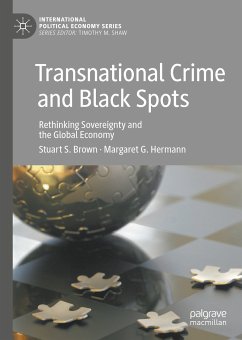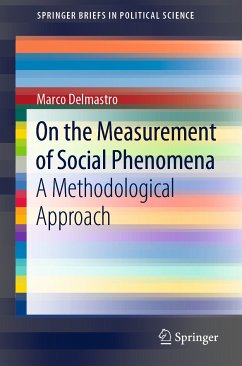
Gangster States (eBook, PDF)
Organized Crime, Kleptocracy and Political Collapse
Versandkostenfrei!
Sofort per Download lieferbar
40,95 €
inkl. MwSt.
Weitere Ausgaben:

PAYBACK Punkte
20 °P sammeln!
The author draws on behavioral ecology to predict the evolution of organized crime in unregulated systems of exchange and the further development of racketeer economies into unstable kleptocratic states. The result is a new model that explains the expansion and contraction of political-economic complexity in prehistoric and contemporary societies.
Dieser Download kann aus rechtlichen Gründen nur mit Rechnungsadresse in A, B, BG, CY, CZ, D, DK, EW, E, FIN, F, GR, HR, H, IRL, I, LT, L, LR, M, NL, PL, P, R, S, SLO, SK ausgeliefert werden.












